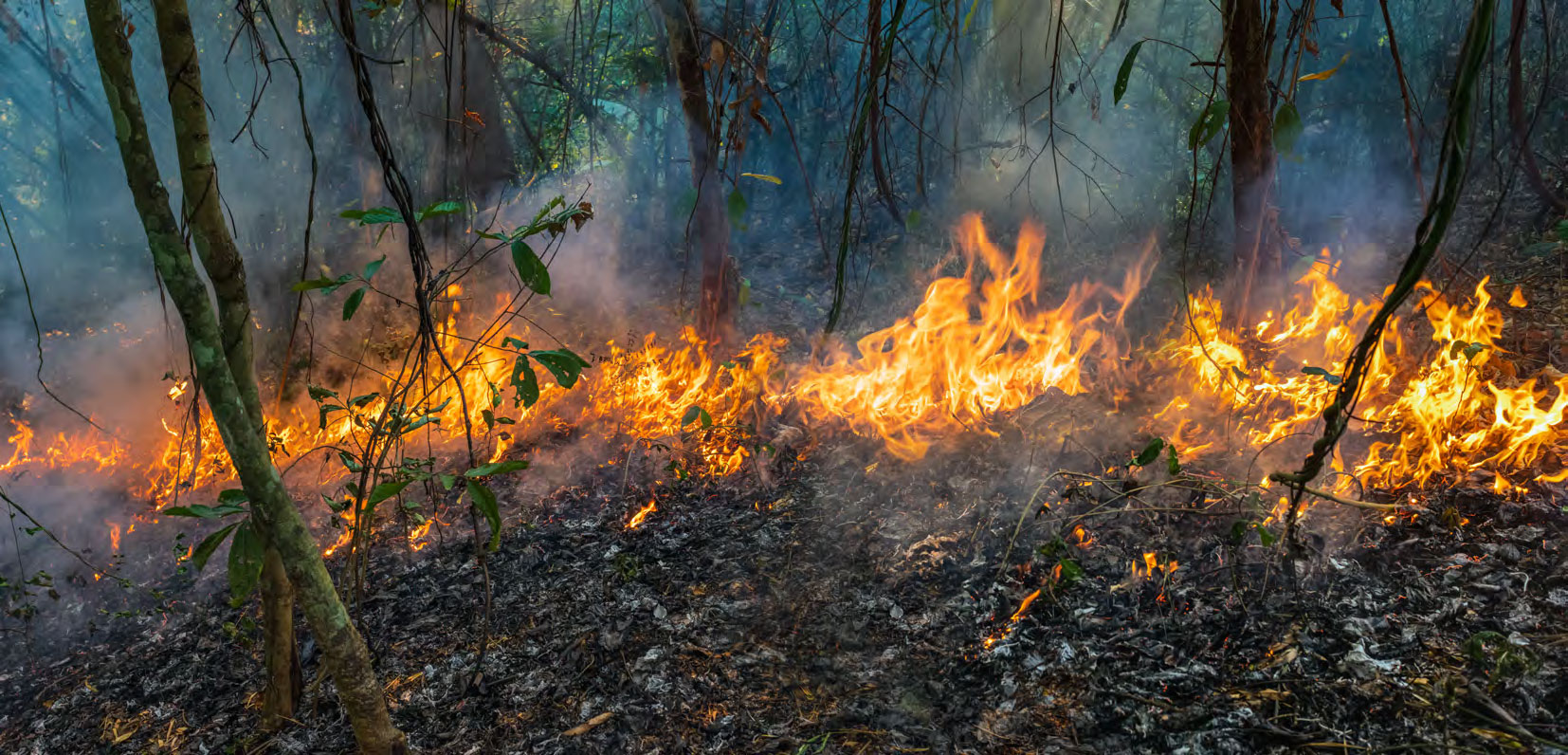At the same time, entrepreneurs including Mike Cannon-Brookes committed funding to Startmate’s Climate Cohort for climate-focused businesses to receive backing of $75,000 and travel to San Francisco to meet with investors.
Companies already operating to monitor extreme conditions, such as fire fronts, say many local players already have workable technology, it’s just a matter of further expanding their reach.
Sydney-based Ninox Robotics uses unmanned drones to gather information across a range of sectors including agriculture and emergency services.

Ninox Robotics founder Marcus Ehrlich with one of his drones. CREDIT:EDWINA PICKLES.
It has previously completed pilots with the New South Wales Rural Fire Service to map fire-fronts at night.
“It just has to happen if we’re going to deal with the enormous consequences of a warming world,” he says.

Chris Boden is looking to set up a ‘firetech’ startups program.
Those working to turn research projects into workable technology say more support for commercialisation is needed.
Australian-based Fireball International (now known as exci) is a collaboration between a range of universities, including the University of Southern Queensland (USQ) and University of California Berkeley, and has originated from research by USQ adjunct professor Carl Pennypacker.
Co-founder Christopher Tylor says while the opportunity to use the technology is significant, the company has so far found the process of spinning these ideas out from universities “extremely difficult”.
“My experience with universities is that the commercialisation departments are extremely slow,” Tylor says.
Tylor hopes more extreme-weather focused accelerators will help generate connections between businesses and secure more investors.
The state-based nature of emergency services mean lots of different tools are used across the sector and it’s important that founders in the space are collaborative rather than competitive, he says.
“We are only a small piece of the puzzle… a collaborative approach is much more productive than if everyone cooks his own soup.”


